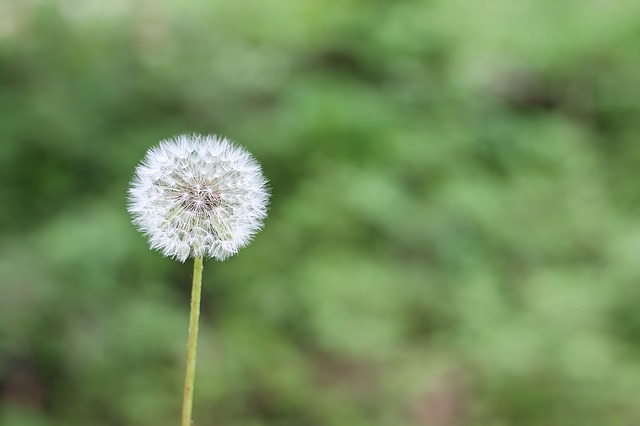National Allergy Awareness Week: A Good Opportunity to Increase Awareness
Did you know that this month is National Allergy Awareness Week? It’s being run by Allergy UK as one of its annual awareness weeks.
You may not think much about allergies if you have never suffered from one before. But if you have an elderly relative who you help to care for, it’s something that is well worth finding out more about.
About National Allergy Awareness Week
National Allergy Awareness Week takes place from April 25th to May 1st this year. The aim is to raise awareness of the difficulties suffered by those with allergies, as well as to raise funds for research and support.
You can show your support in many ways. For a start, you may want to find out about fundraising events in your area by calling the helpline on 01322 619898. Or you can visit the Allergy UK website, where you can download fact sheets and get advice if you or someone you know suffers from an allergy.
Allergies and the Elderly
If you do not have an allergy, the awareness week can be a good way to simply find out more about allergies. This is especially important if you have an elderly relative.
Allergies can sometimes arise in elderly people even if they have not experienced any in the past, and sometimes these can be serious.
Elderly people can suffer from a range of allergies, including:
• Food allergies, which are often caused by an aging immune system, and which can range from mild to severe (read a detailed article on this topic here)
• Skin allergies like eczema and psoriasis, which are sometimes caused by medications or diseases
• Late-onset asthma
Action Against Allergy has some excellent information about allergies in the elderly. It makes the valid point that little is heard about the topic, and that there is not a lot of research. It also says that allergies can be even more complex in the elderly because elderly people may suffer from other health conditions.
For example, the immune system changes as people age, and problems like diabetes, increased frailty and skin conditions can complicate allergies.
Skin is sometimes affected more by allergies when people become older. It becomes thinner, and it bruises easily, so it is not as effective as a barrier. Elderly people may also become sensitive to medications and skin products, and the over-65s can often suffer from itching.
Look Out for the Signs
Always be on the lookout for signs of allergies in your elderly relative. These can range from an annoying itch to breathing problems. If you have any concerns at all, arrange a trip to the doctor.
Our care workers know which signs to spot, and they are also trained to work with elderly people suffering from allergies and other conditions. They also regularly help with ensuring elderly people take their medications. So talk to us if you want to find a care worker you can trust.
For further reading on this topic, visit Allergy UK or Action Against Allergy. There is some useful information on late-onset allergies at this page at What Allergy.

